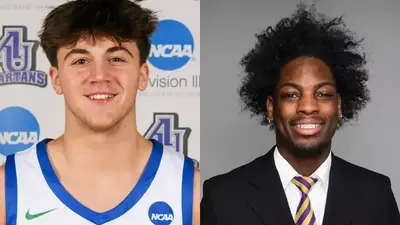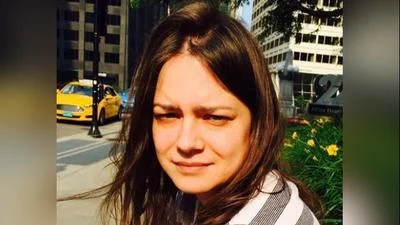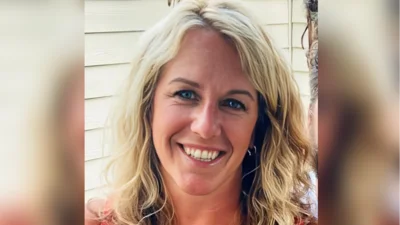Creating and altering bills on education, public and private water systems, and election data privacy drove the April 19 House floor debate into hours of discussion.
The meeting that lasted more than four hours was rife with resolutions and amendments, but three particular bills, two sponsored by Republican lawmakers, passed.
First HB5247, sponsored by Rep. Robert Pritchard (R-Sycamore), amends the School Code and allows for a registered apprenticeship program to provide additional nonacademic instruction for credit toward high school graduation.

Rep. Robert Pritchard (R-Sycamore)
“This initiative was put forward by the Illinois Manufacturers' Association to recognize that there are a lot of wonderful careers that are available that don’t require a college education,” Prichard said.
After Rep. Mary Flowers (D-Chicago) called Pritchard’s bill fantastic, it passed 111-0, setting the stage for HB4508, sponsored by Rep. Nick Sauer (R-Lake Barrington). That bill would extend the Illinois Water Systems Viability Act sunset by 10 years, allowing a municipality to sell its water system to go from publicly owned to privately run.
Though Sauer pointed to the voting board to point out bipartisan support, Rep. Ryan Spain (R-Peoria) was the first to point out the negative in Sauer’s legislation.
“When you allow these systems to be acquired by a private operator and paid for by existing customers, I think you are doing a disservice to so many of those existing customers,” Spain said.
Rep. Chad Hays (R-Catlin) pointed out that as a former mayor of a small community, he favored the bill, which he said enables local municipalities to handle aging wastewater systems that require millions of dollars in overhaul often paid for by private owners.
“This is an extraordinarily viable step forward,” Hays said, adding the program ensures service is uninterrupted and managed professionally why keeping rate increases in check.
However, Rep. Grant Wehrli (R-Naperville) did not see it the same way, saying sometimes selling off local assets in desperate financial times can backfire.
“To me, this is the start of a slippery slope we probably don’t want to go down,” Wehrli said.
While Rep. Steven Reick (R-Woodstock) discussed with the sponsor the rate increase caps and smaller water company exemptions from the bill, Rep. Michael Unes (R-East Peoria) pointed out the importance of local control.
“It gives the municipalities some sort of protection if they make that decision on their own and want to sell that they are going to receive fair market value for the asset,” Unes said.
Wrapping up the debate, Rep. Jeanne Ives (R-Wheaton) said Sauer should add more consumer and ratepayer protections. Rep. Margo McDermed (R-Mokena) got right to the point and urged the House floor to vote "no"; however, her rejection did not stick, and HB4508 passed 69-37.
SB2273, sponsored by Rep. Ann Williams (D-Chicago), would mandate that Electronic Registration Information Center (ERIC) used by the State Board of Election (BOE) be the only type of system allowed for voting and would prohibit Illinois from sharing interstate voter data.
Rep. Mike Fortner (R-West Chicago) said the bill is the product of President Donald Trump's administration and alleged voter fraud.
“The fact that some other states choose to be a bad actor and how they use the data, is not a reflection on the data; it is a reflection on the state that uses it that way, and Illinois doesn’t use it that way,” Fortner said.
Ending the debate by urging a "no" vote like Fortner, Rep. Tim Butler (R-Springfield) said the bill ties the hands of the BOE and hampers the state's relationship with local units of government. It passed 63-49.
All of the House bills will move to the Senate floor for debate and vote.
.jpg)





 Alerts Sign-up
Alerts Sign-up